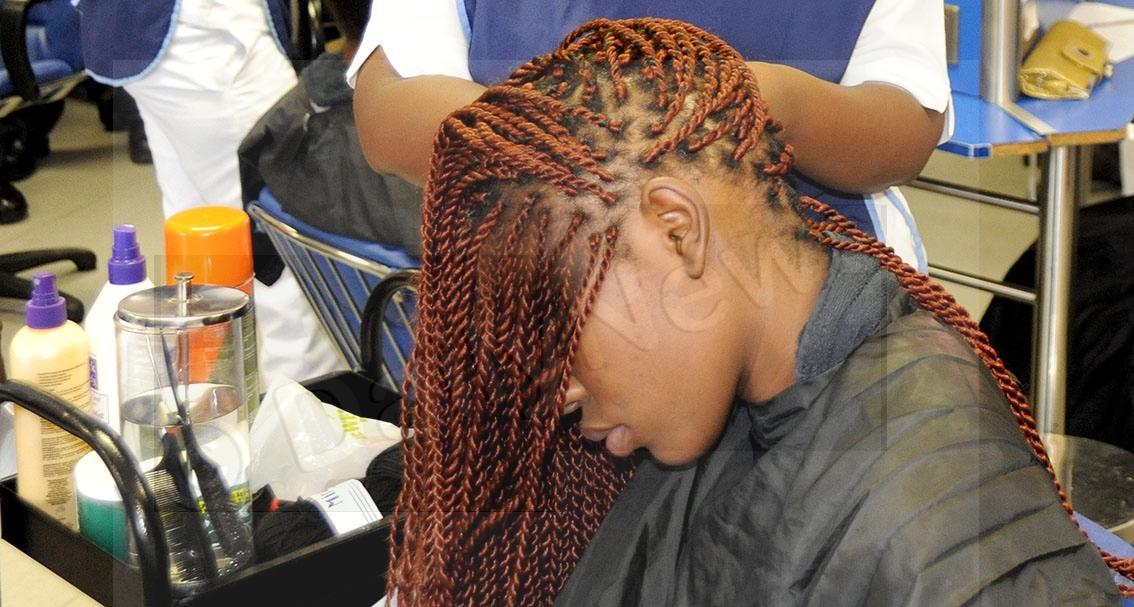Africa-Press – Botswana. A recent investigation by Consumer Reports has revealed troubling levels of harmful chemicals, including carcinogens, lead, and volatile organic compounds (VOCs) in synthetic braiding hair products widely used by Black women and girls in the United States, as well as individuals of African descent globally.
According to the report, these groups represent the largest demography of consumers for such products.
Consumer Reports, a US non-profit organisation known for independent product testing, investigative journalism, and consumer advocacy, tested ten synthetic braiding hair products and found carcinogens in all of them. One of the most concerning substances detected was benzene, a chemical linked to acute myeloid leukemia.
Lead was identified in nine of the ten products; prolonged exposure to lead can damage the brain and nervous system, suppress the immune system, and contribute to reproductive issues, kidney damage, and hypertension.
The report particularly underscored lead’s dangers to children, including delayed brain development and other cognitive impairments. Among the VOCs found, acetone, a known respiratory irritant was detected at the highest levels across most of the samples
To address growing public concern, Dr Lebogang Sebekedi, a Lifestyle Medicine Practitioner and expert in Complementary and Alternative Medicine, weighed in on the findings.
With years of experience in holistic health and disease prevention, he urged the public to remain cautious, but not alarmed.
“The study raises a cautionary flag more than it points to a smoking gun,” Dr Sebekedi said, explaining that the small sample size, lack of exposure quantification, unrealistic testing conditions, and absence of health outcome data significantly weaken the claim of immediate danger.
He emphasised that while the findings could not be dismissed, the conclusions drawn by Consumer Reports may have overreached the data.
“Only ten brands were tested,” he added. “That’s like testing twenty cars and concluding that all vehicles are unsafe. As a chemist, I would call for a broader survey before raising alarm bells,” said Dr. Sebekedi, who stressed the importance of involving major regulatory bodies such as the Food and Drug Administration (FDA) or National Institutes of Health (NIH) to conduct more comprehensive studies that can track actual health outcomes.
Commenting on the detected carcinogens, he noted that no scientific studies have yet linked synthetic hair directly to cancer. “Correlation isn’t causation,” he said, “and without clinical evidence, we cannot draw definitive conclusions.”
He also pointed to other contributing cancer risk factors, such as genetics, diet, and environmental pollution.
“Don’t throw your braiding hair into the bonfire just yet,” Dr Sebekedi advised. “If possible, opt for brands with cleaner ingredient profiles, but above all, be cautious.
“The risk may be real, but this study alone isn’t reason enough to lose sleep. Science demands evidence that is more substantial before we declare a crisis. Stay informed, but carry on with your daily life,” he said.
For More News And Analysis About Botswana Follow Africa-Press






